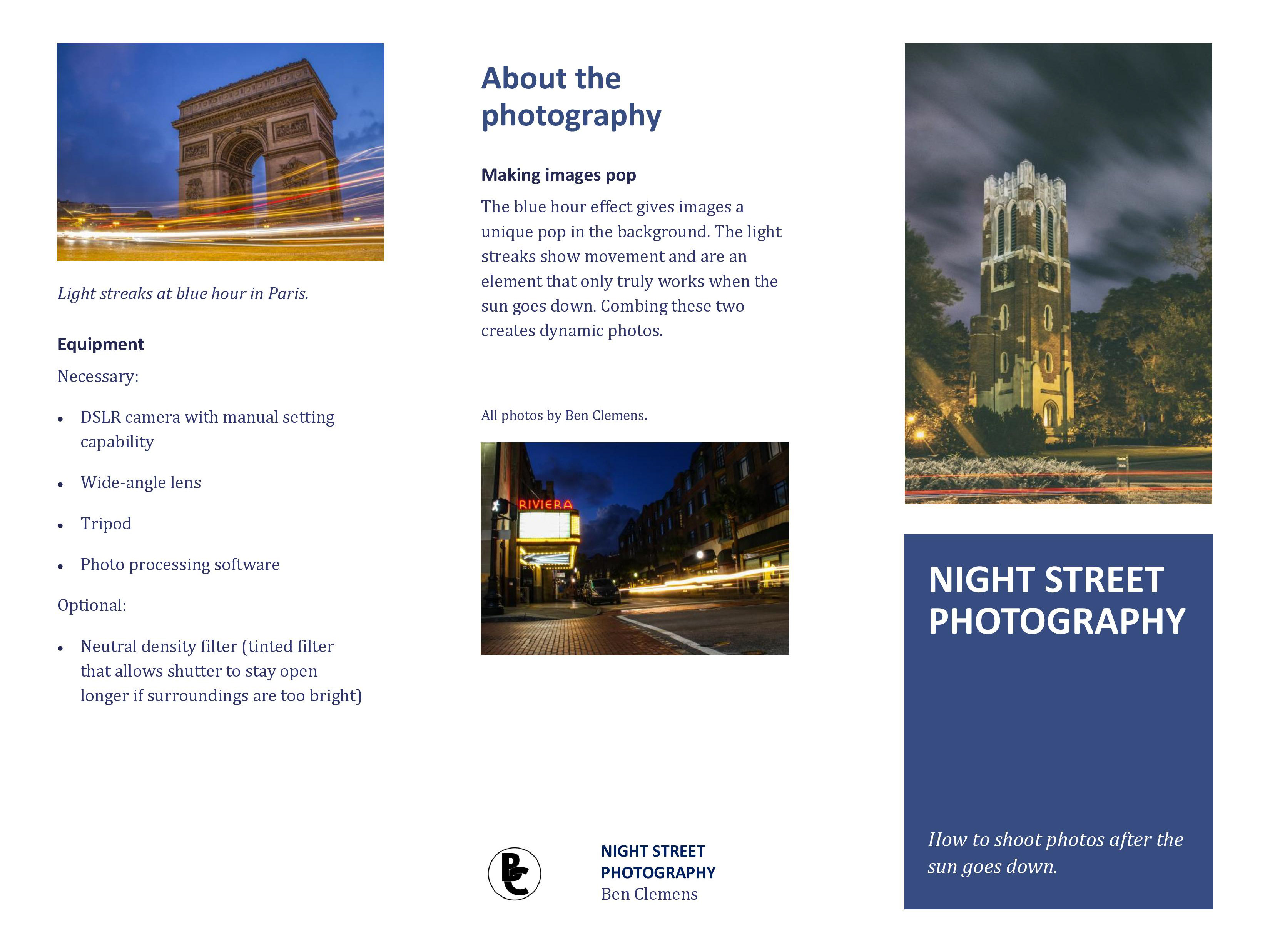Animal-assisted therapy in the ICU
Ben Clemens, Oct. 24, 2018 1:30 p.m.
One way intensive care facilities may see improvement is in paying more attention to patients comfort. A research team from Johns Hopkins School of Medicine found that therapy animals help ICU patients cope and recover more effectively than traditional medications.
The study was led by Dr. Megan Hosey of the Department of Physical Medicine and Rehabilitation at JHU. Her study showed that animal-assisted therapy helps create a more “humanized” care environment.
Anecdotal evidence showed that therapy animals helped patients relax and motivated them to recover. In one instance, a golden retriever helped distract a patient from the whole ICU trauma and find relaxation. In another instance, a west highland white terrier helped motivate a patient to start rehabilitation treatment.
The study clearly shows therapy animals can help reduce patient suffering, increase engagement and reduce the stress of ICU procedures. Animal intervention is more beneficial than regular medications, which – according to the study – deliver “worse physical and mental health outcomes” than animal therapy.
Animal-assisted therapy is already appearing in some health care facilities. Other studies suggest it is beneficial in reducing stress and anxiety, along with helping alleviate pain.
The study offers a model for integrating therapy animals into the ICU and demonstrates how beneficial the animal-patient interactions can be in promoting relaxation and recovery.
Dr. Hosey is a clinical psychologist experienced in rehabilitation psychology. The research was funded entirely by JHU.









